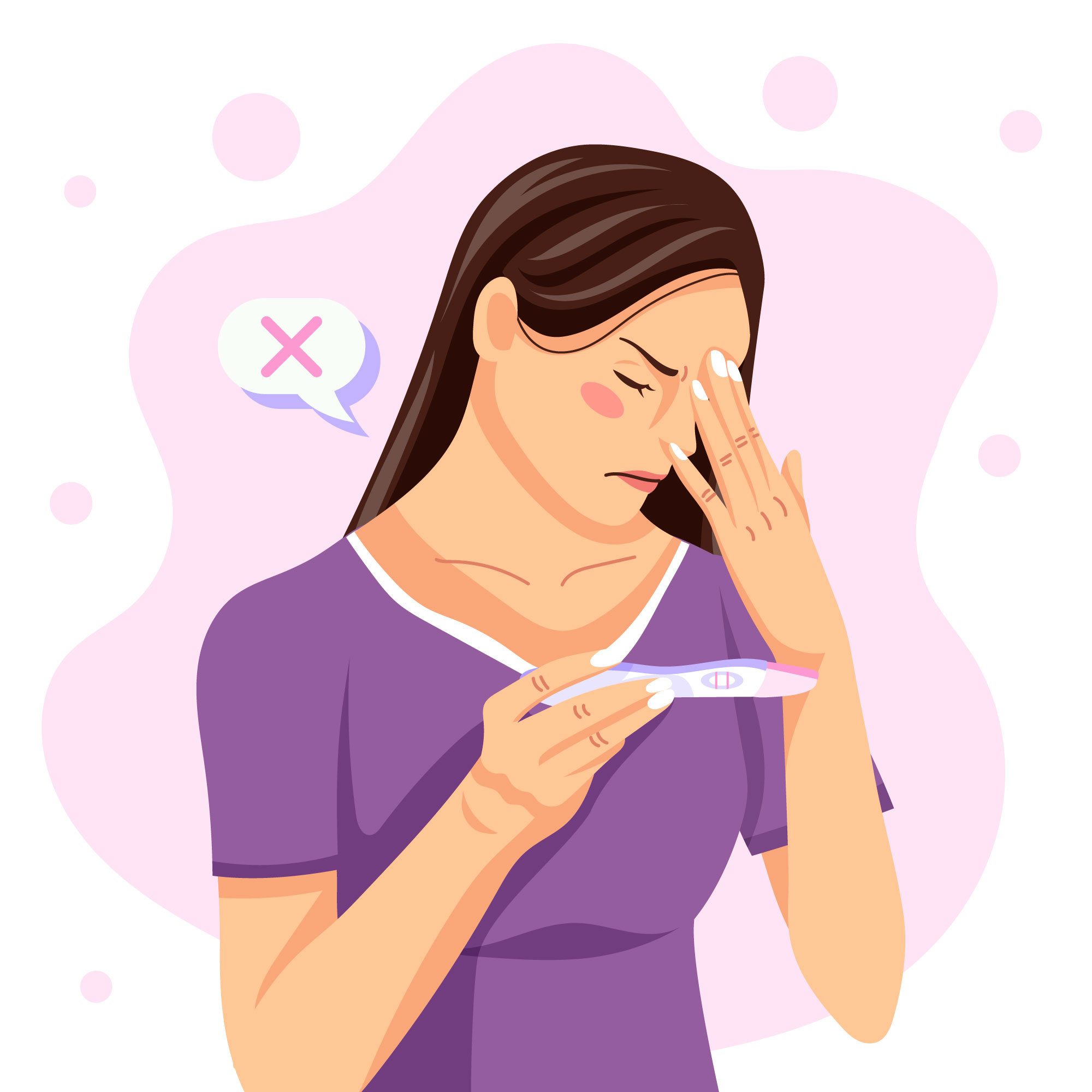Fertomid: A Comprehensive Overview
Fertomid is a medication primarily used to treat female infertility, particularly in cases where the patient is unable to conceive due to ovulation problems or polycystic ovary syndrome (PCOS). This article will provide an in-depth analysis of Fertomidine, its uses, dosages, side effects, and safety precautions.
What is Fertomid?
Fertomid is a selective estrogen receptor modulator (SERM) that works by promoting the release of reproductive hormones. This stimulation helps in the normal development of an egg in a woman's ovary and facilitates the release of a healthy, matured egg. Consequently, Fertomid increases the chances of a successful pregnancy in women undergoing treatment for ovulation-related issues or PCOS.
Uses of Fertomid
Female Infertility Treatment
Fertomid is primarily used to treat female infertility caused by ovulation problems or PCOS. In such cases, the medicine assists in the normal development of an egg in the woman's ovary and stimulates the release of a healthy, matured egg. This, in turn, increases the chances of a successful pregnancy.
Dosage and Administration
Fertomid should be taken as prescribed by a healthcare professional. The dose and frequency of administration depend on the patient's specific condition and the desired outcome. It is generally advised to take Fertomid at the same time every day to ensure maximum benefits. The medicine can be taken with or without food, but it is preferable to take it at a fixed time.
Duration of Treatment
Fertomid is not meant for long-term use. It is typically recommended for a period of up to three menstrual cycles. However, a healthcare professional may decide to extend the treatment for up to four menstrual cycles if necessary.
Side Effects of Fertomid
As with any medication, Fertomid may cause certain side effects. Most side effects are temporary and do not require medical attention. However, if the side effects persist or become severe, it is advisable to consult a healthcare professional.
Common Side Effects
Some common side effects of Fertomid include:
- Nausea
- Vomiting
- Bloating
- Headache
- Enlarged ovary
- Hot flashes
- Metrorrhagia (menstrual bleeding at irregular intervals)
- Breast discomfort
Serious Side Effects
In rare cases, Fertomid may cause severe side effects that require immediate medical attention. These include:
- Ovary overstimulation, characterized by pelvic pain, stomach pain, trouble breathing, and weight gain
- Blurring of vision
If you experience any of these serious side effects, consult a healthcare professional immediately.
Precautions and Safety Advice
Alcohol Consumption
Caution is advised when consuming alcohol while taking Fertomid . It is best to consult a healthcare professional for advice on alcohol consumption during treatment.
Pregnancy
Fertomid is highly unsafe to use during pregnancy. Studies on pregnant women and animals have shown significant harmful effects on the developing fetus. Consult a healthcare professional before using Fertomid if you are pregnant or planning to become pregnant.
Breastfeeding
Fertomid is potentially unsafe to use during breastfeeding. Limited human data suggest that the drug may pass into breast milk and harm the infant. Consult a healthcare professional before using Fertomid if you are breastfeeding.
Driving and Operating Machinery
Fertomid may cause temporary blurring of vision. It is advisable not to drive or operate heavy machinery until your vision is clear.
Kidney Disease
There is limited information available on the use of Fertomid in patients with kidney disease. Consult a healthcare professional before using Fertomid if you have kidney issues.
Liver Disease
Fertomid is potentially unsafe to use in patients with liver disease and should be avoided. Consult a healthcare professional before using Fertomid if you have liver issues.
Missed Dose
If you miss a dose of Fertomid , consult a healthcare professional for guidance on how to proceed.
Interactions with Other Medications
Fertomid may interact with other medications, potentially modifying the effects of either drug and causing undesirable side effects. Consult a healthcare professional before using Fertomid if you are taking any other medications.
Frequently Asked Questions (FAQs)
1. How long does it take for Fertomid to work?
Fertomid typically causes ovulation 5-10 days after the treatment begins. It is advisable to have regular intercourse during this period to increase the chances of a successful pregnancy.
2. Can Fertomid be taken without a doctor's prescription?
No, Fertomid is a prescription medication and should not be taken without a doctor's prescription.
3. Can Fertomid be taken if there is an ovarian cyst?
Fertomid should not be taken if an ovarian cyst is present. Consult a healthcare professional before using Fertomidine if you have ovarian cysts.
4. Can Fertomid be taken with metformin?
Fertomid can be taken with metformin if advised by a healthcare professional.
Conclusion :
Fertomid is an effective medication for treating female infertility caused by ovulation problems or PCOS. It works by promoting the release of reproductive hormones, stimulating the growth and release of a healthy egg from the ovary. However, it is essential to follow the prescribed dosage and duration of treatment, as well as to be aware of potential side effects and safety precautions. Always consult a healthcare professional before using Fertomid or any other medication.








